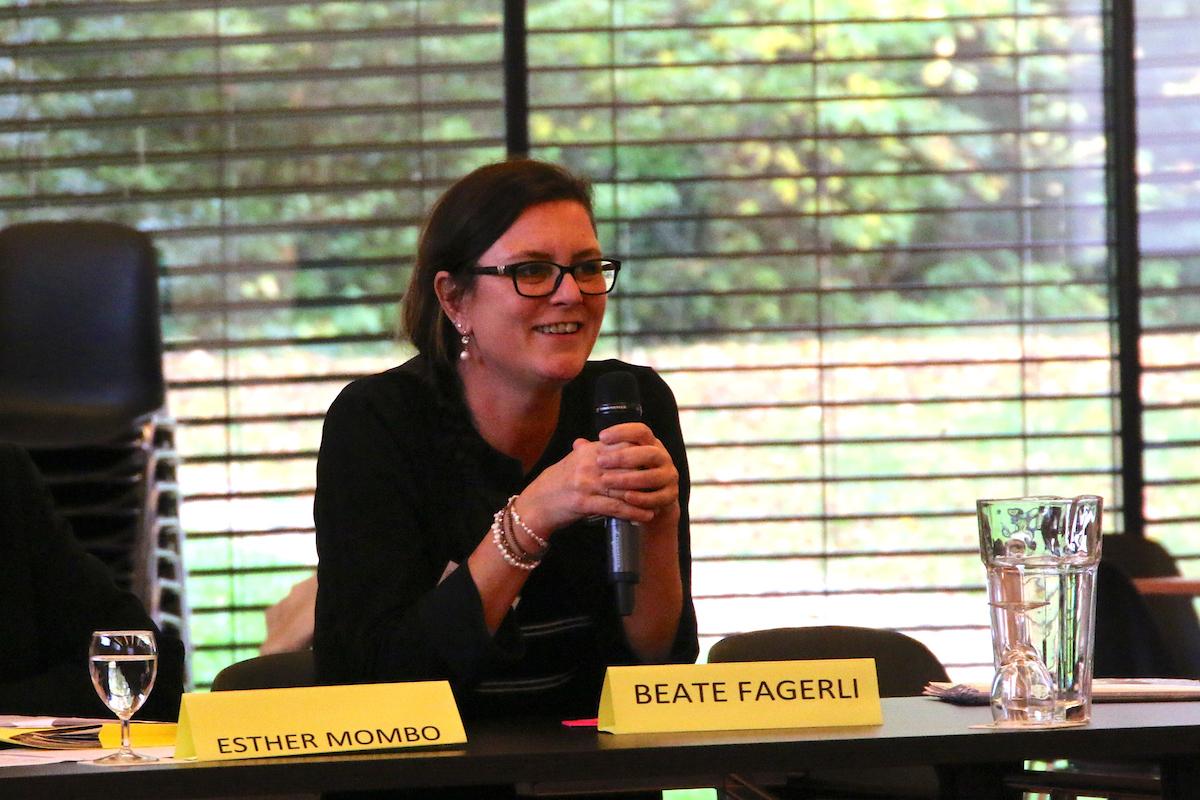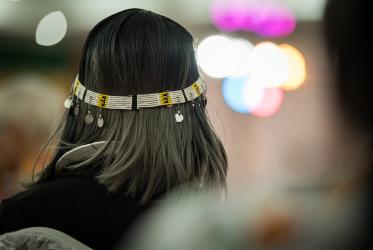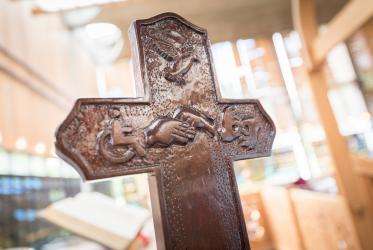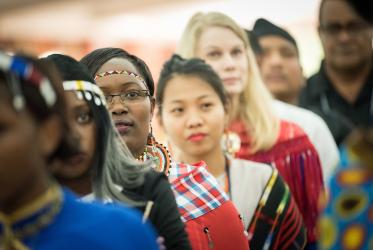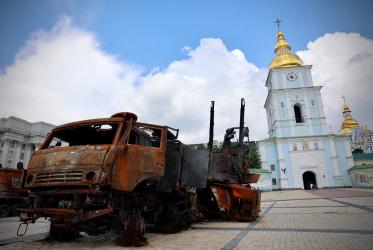Beate Fagerli, World Council of Churches (WCC) assembly coordinator, answers the most frequently asked questions about the upcoming WCC 11th Assembly in 2021.
What are the most important aspects of assembly preparations at this stage?
Fagerli: The Assembly Planning Committee has compiled a detailed report of the assembly programme, thematic plenaries, the business of the assembly and flow of how we are going to harvest the wisdom of the assembly and bring that into business plenaries.
The Assembly Planning Committee is recommending a new invention for the assembly, and that is “home groups,” or small groups to which all delegates are assigned for discussing the Bible texts chosen for the day and the thematic focus for the day. The same groups will meet daily during the assembly and across denominational, geographic and cultural lines.
We will also have ecumenical conversations. These are about 20 conversations centered around in-depth discussion points where participants have time to engage with particular themes. The ecumenical conversations are being developed by the WCC in collaboration with partners. Registered delegates, representatives and observers to the assembly can register with one ecumenical conversation which will take place in four sessions over four days.
Another big part of the programme is the “Brunnen,” which is German for “the well,” especially a well in the middle of a village where people come to fetch water, the source of life. The Brunnen will feature workshops, exhibitions and activities, some of which will be assigned to different places and different times. We hope that a lot of WCC partners and member churches apply to offer something for the Brunnen. An application process is being launched, and more information on the Brunnen will be ready very soon.
We have a separate Assembly Worship Planning Committee, and they are coming up with really good ideas for the prayer life in the morning and evening, and also confessional as well as opening and closing prayers.
When and where will the assembly take place?
Fagerli: The assembly will take place 8-16 September 2021 in Karlsruhe, Germany. Before the assembly, there will be four pre-assembly programmes: youth, Just Community of Women and Men, Ecumenical Disability Advocates Network, and the Indigenous Peoples Network.
Who can attend?
Fagerli: It’s a very good question. People are getting curious now! The main attendees will be delegates from the WCC member churches. They can participate in all parts of the assembly. They can speak and have the right to take part in decision-making. The assembly also has the formal function of being the highest decision-making body of the WCC. The assembly will also choose the next Central Committee, so there will be elections. Those who can contribute to the decision-making are the member church delegates.
The delegations can bring an advisor, and there will also be representatives of associated organizations such as national councils of churches, Christian world communions, regional organizations, specialized ministries, and international ecumenical organizations of different kinds. At the moment, we are receiving the names of delegates from the member churches. The Central Committee will receive all those names and do the final nomination of delegates so that the regional, confessional, gender, age, lay and ordained participation truly reflects the fabric of our member churches.
It is also possible to register as an assembly participant, and take part in the programme that is open to all, such as thematic plenaries, prayer life, open Bible studies, and the “Brunnen” programme. The German host committee is also offering an open “Ecumenical encounter programme.”
How can member churches prepare themselves?
Fagerli: The Assembly Planning Committee wants to make the assembly relevant to home congregations. People can start reading the resource material posted on the WCC website, along with new resource material still in the making. Slowly but surely, churches then have a chance to get on board, engaging with the theological thematic material through study and discussion. Preparatory Bible study material is also being developed.
What are you going to present at the meeting of the Central Committee?
Fagerli: Right now we are getting ready for the WCC Central Committee meeting which takes place 18-24 March. That will be the biggest decision-making meeting related to the assembly. In December, we had an Assembly Planning Committee meeting and came up with a comprehensive and quite detailed plan for the assembly programme. We have had lots of good input on how the next assembly is going to look. All of that is going to the Central Committee for reactions and decisions. Right now we are in the process of reminding churches to send the names of their delegates as soon as possible. We will present the names of the delegates, and additional nominations for the allocation of the remaining seats of church delegates. The Central Committee will get a long report from the Assembly Planning Committee, which has met three times.
Learn more about the 11th Assembly of the World Council of Churches
